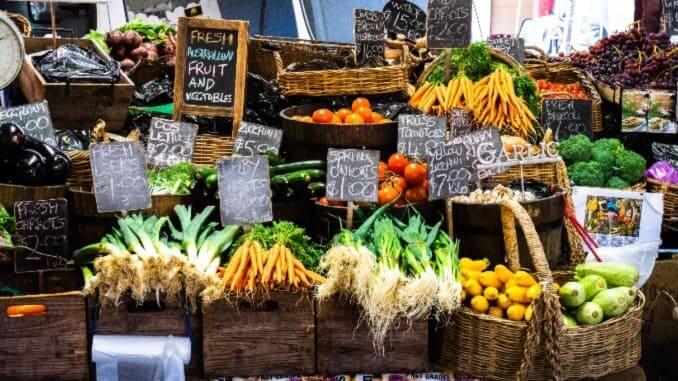The Essential Farmers Market Shopping Guide
Photo by Somi Jaiswal/Unsplash
It’s almost spring, which means it’s about to be prime time for trips to the farmers market. There’s nothing better than waking up on a Saturday morning, grabbing a coffee and making your way to an outdoor market filled with fresh produce, flowers and other goods from local vendors.
If you’re actually trying to get some shopping done at your local farmers market, though, you’ll want to make sure you go in with a plan. If you don’t, you could end up spending a lot more money than you want to—or you might just go home without the produce you need for the week’s meals. Check out these helpful tips and tricks for making the most of your farmers market experience. And don’t forget to thank your farmers!
Don’t Try to Haggle with the Farmers
In some types of markets, it’s totally fine to haggle with stall owners to try to talk them down to a lower price. However, when it comes to shopping at your local farmers market, you’ll want to avoid this money-saving tactic. Many farmers—especially those who focus on organic produce—are already struggling to make ends meet, so they’re not likely making a huge profit from the carton of tomatoes you’re buying from them. If you’re concerned about high costs, you may want to visit your farmers market right before it closes. Sometimes, farmers will offer sale prices for their produce that hasn’t sold.
Learn About Seasonal Produce in Your Region
Before you head off to the farmers market, it’s smart to have some idea about what’s currently being harvested in your region. I live in the Northeast, so in the spring, I expect to find plenty of root vegetables at my farmers market, along with ramps and fiddleheads around April. Understanding what’s currently in season can help you make decisions about what you want to purchase and use in your cooking.
-

-

-

-

-

-

-

-

-

-

-

-

-

-

-

-

-

-

-

-

-

-

-

-

-

-

-

-

-

-

-

-

-

-

-

-

-

-

-

-








































